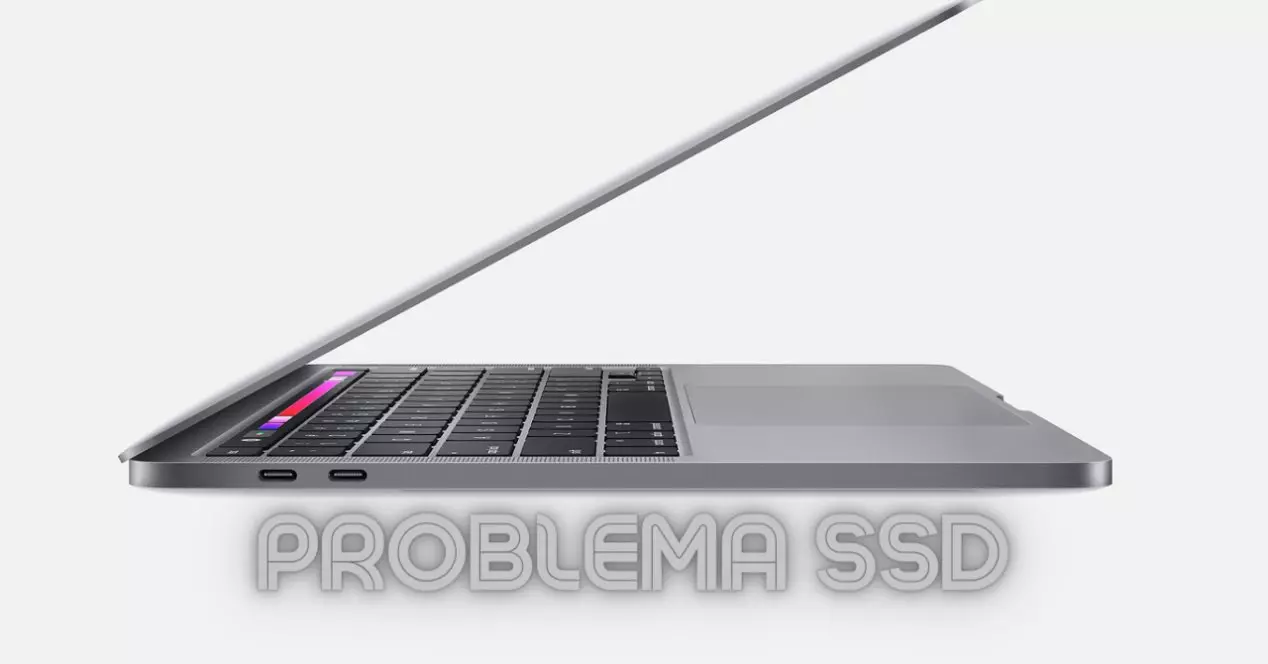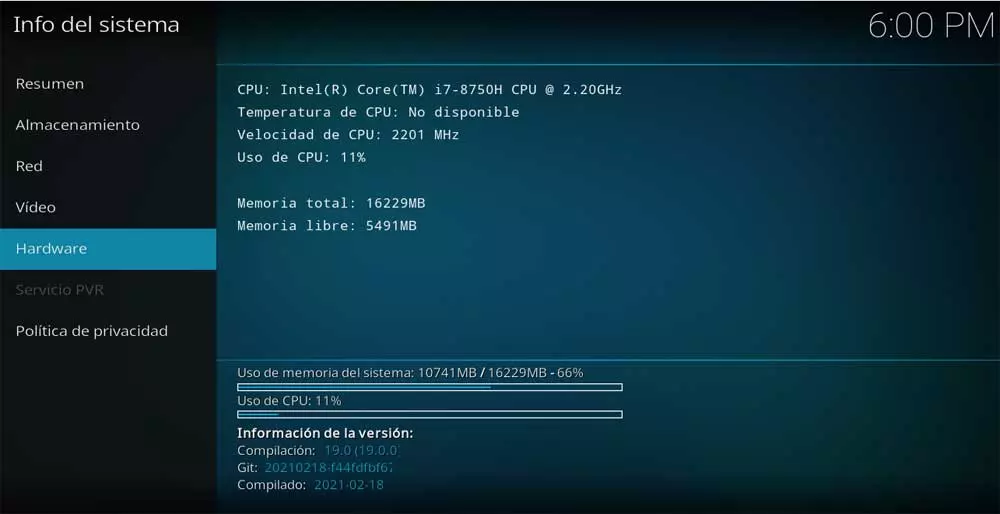
It seems that Apple is an expert in doing things halfway, or at least not finishing things properly. Each launch of the company comes with some problem at the hardware level and it is no exception. The company has presented the new MacBook Pro with Apple Silicon M2 chips with a very slow SSD.
Apple announced a long time ago that they would stop using Intel processors to simply use their own processors. To do this, they use the ARM architecture, the same one used in smartphone. The company’s problem seems to be developing powerful chips that work like those of Intel and AMD.
Apple Silicon M2 processor slows down SSDs
The solid state storage drives or SSDs, have become the queens of the market. They offer us much higher read and write speeds than mechanical hard drives (HDD). But in addition, they are more resistant as they lack moving parts and consume less. There are so many advantages that even consoles have begun to adopt them.
Apple systems have been using SSD drives for a long time, which is logical if you want to offer the user the best performance. The problem appears to be on newer MacBook Pros equipped with the Apple Silicon M2 chip. It seems that this processor would be generating performance problems with the SSD drive.
Curiously, Manzana in the presentation of these laptops you haven’t mentioned SSD drives at any point. But some Apple specialists would already have these MacBook Pros based on the M2 chip. These have found in performance tests that the read and write speeds of the SSD are significantly lower than with systems based on the M1 chip.
The data published by MaxTech is from the 256 GB MacBook Pro 13:
| MacBook Pro 13 (M1 chip and 256GB SSD) | MacBook Pro 13 (M2 chip and 256GB SSD) | |
|---|---|---|
| reading speed | 2900MB/s | 1446MB/s (-50%) |
| write speed | 2215MB/s | 1463MB/s (-30%) |
Something that stands out is that the problem appears only on the laptop with the 256 GB SSD, it does not occur with the 512 GB laptop. This has made the analyst suspicious, who has decided to disassemble the laptop. That was when the surprise and the explanation of the problem came.
The 13-inch MacBook Pro with the M2 processor has a 256GB SSD only has one memory chip of that capacity. Last year’s models, with the M1 chip also 256GB in capacity, had two 128GB chips each.
It shouldn’t be a problem, in principle
Initially, using a single memory chip shouldn’t be too much of a problem. It seems that the MacBook controller is designed to parallelize writing and reading. We extract this theory from the fact that the problem does not appear in the 512 GB MacBook Pro that also uses the M2 chip.
This problem seems more like a cost saving on Apple’s part than anything else. To avoid designing two systems or making a specific controller for this laptop, they have used the same one for all. Something that would be causing the Apple laptop with less capacity, to have worse performance.
Despite everything, we have about 10 times more reading speeds than with an HDD and twice as much as with a SATA SSD. That does not mean that there is a rather curious design problem, which surely fans of the brand will not care.




